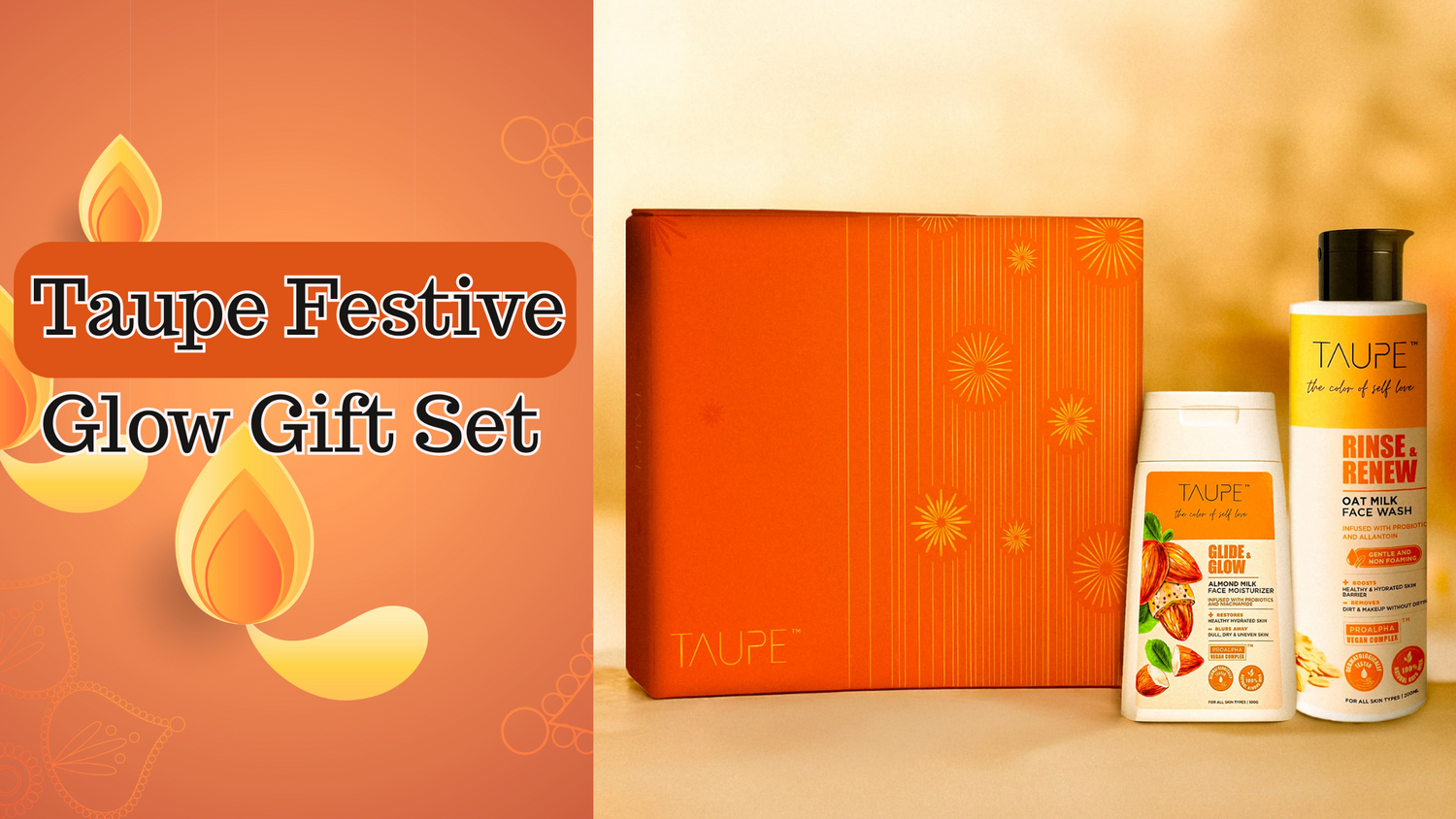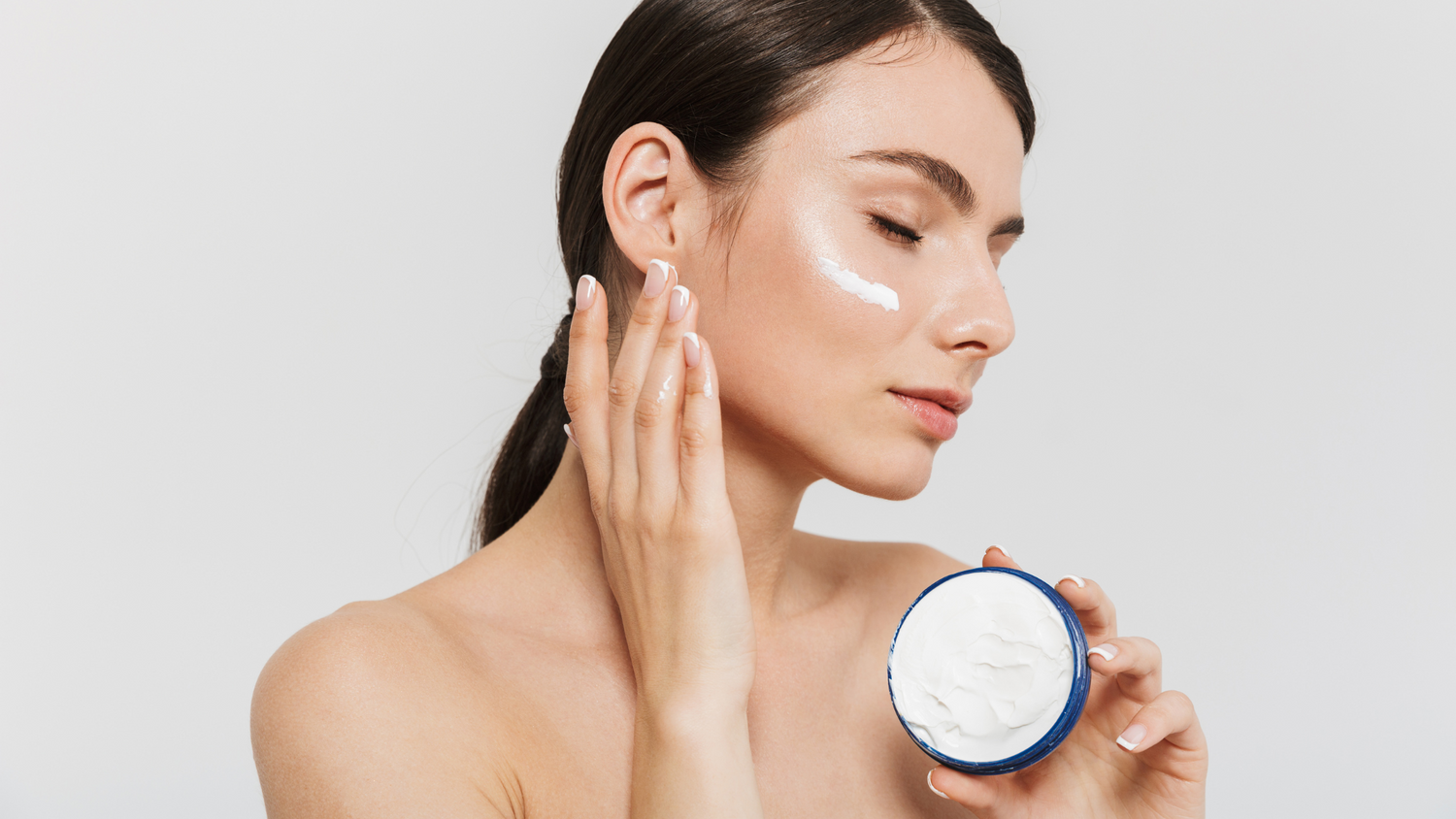In the world of skincare, trends come and go but the science behind probiotic skincare is here to stay. If you’ve been struggling with redness, breakouts, or barrier damage, probiotics might be the missing piece in your routine.
Far from being just a buzzword, probiotics in skincare are backed by science and supported by dermatologists. They help balance your skin’s natural microbiome, reduce inflammation, and improve resilience from the inside out.
If you're looking to build a gentle yet effective skincare routine, here’s everything you need to know about why your skin needs probiotics, how they work, and how to use them the right way.
What Are Probiotics in Skincare?
Let’s start with the basics. You’ve probably heard of probiotics in yogurt or supplements but what about on your skin?
Your skin has a microbiome, a community of healthy bacteria, fungi, and microbes that protect your skin from harmful invaders, maintain hydration, and prevent inflammation. When this balance is disrupted due to pollution, harsh products, over-exfoliation, or stress, your skin becomes vulnerable.
This is where probiotic skincare steps in. These formulas include beneficial microbes or ingredients that support your existing skin flora, helping restore harmony and calm irritation.
Why Probiotic Skincare Matters
Here’s why more dermatologists and skincare experts are recommending probiotics for skin in 2025:
-
Balances the skin’s microbiome
-
Strengthens the skin barrier
-
Reduces redness and sensitivity
-
Improves hydration and smoothness
-
Helps prevent acne and inflammation
Unlike aggressive treatments that often disrupt the skin barrier, probiotic skincare is designed to support and heal, making it perfect for sensitive or damaged skin.
What Do Probiotics Do for Your Skin?
Wondering what the actual benefits of probiotics in skincare are? Here’s a breakdown of what they can do when used consistently:
1. Calm and Soothe Inflammation
Probiotics help regulate your skin’s immune response. This reduces inflammation, making them ideal for calming conditions like rosacea, eczema, and acne.
2. Rebuild and Protect the Skin Barrier
Your skin barrier is your first defense against irritants. Probiotics help reinforce this barrier, keeping moisture in and environmental toxins out.
3. Prevent Breakouts and Bacterial Imbalance
Probiotics compete with harmful bacteria like P. acnes (linked to acne), helping reduce flare-ups without the use of drying or irritating ingredients.
4. Boost Hydration and Glow
By restoring balance to your skin’s ecosystem, probiotics help your skin hold on to moisture better leading to improved texture and a healthy, radiant glow.
5. Improve Skin Resilience Over Time
Regular use of probiotic skincare can help your skin become less reactive, more balanced, and better able to handle external stressors.
How Do Probiotics Work in Skincare?
Probiotics work by
-
Introducing beneficial bacteria to the skin
-
Modulating the skin’s immune response to prevent overreactions
-
Creating an acidic environment that inhibits the growth of harmful microbes
-
Stimulating the production of antimicrobial peptides, your skin’s natural defense system
Probiotics are often paired with prebiotics (which feed good bacteria) and postbiotics (the beneficial by-products of probiotics) for a complete microbiome-boosting effect.
Who Should Use Probiotic Skincare?
You should consider adding probiotics to your skincare routine if
-
You have sensitive, reactive, or inflamed skin
-
You experience frequent breakouts or redness
-
You’ve damaged your barrier with actives or over-exfoliation
-
You live in a polluted urban environment
-
You want a gentle yet effective solution for healthier skin
Probiotic skincare is suitable for all skin types but is especially beneficial for those with compromised skin barriers or acne-prone skin.
Best Time to Use Probiotics in Skincare
Probiotics can be used both morning and night, but consistency is key. For best results
-
Use a probiotic serum or moisturiser after cleansing
-
Follow with a barrier-supporting moisturiser
-
In the morning, finish with a broad-spectrum SPF
You can also incorporate probiotic cleansers or masks into your weekly routine to further support skin health.
How to Start Using Probiotics in Your Skincare Routine
Here’s a simple, beginner-friendly way to get started
AM Routine
-
Cleanser – Use a gentle, sulfate-free cleanser
-
Probiotic Serum – Apply 2–3 drops to damp skin
-
Moisturiser – Look for hydrating ingredients like ceramides or oat extract
-
Sunscreen – Always use SPF 30+ to protect your skin barrier
PM Routine
-
Cleanser – Remove sunscreen and impurities
-
Probiotic Moisturiser or serum
-
Barrier cream – Optional for extra hydration and overnight repair
Avoid using strong actives (like AHAs, BHAs, or Retinol) in the same routine unless your skin is already used to them.
What Are the Best Probiotic Skincare Ingredients?
Some popular and effective probiotic ingredients for skin include
-
Lactobacillus Ferment – Soothes irritation, supports good bacteria
-
Bifida Ferment Lysate – Strengthens the skin barrier and reduces sensitivity
-
Saccharomyces Ferment – Helps retain moisture and promotes healing
-
Probiotic Complexes – Custom blends for specific skin types
Look for products that include live cultures or fermented extracts for the best results.
Are There Any Side Effects?
Probiotics are generally well tolerated by most skin types. However, it’s always a good idea to
-
Patch test before using new products
-
Start with once daily use, especially if your skin is very sensitive
-
Avoid combining with too many exfoliants initially
If your skin reacts, reduce usage frequency or switch to a product with lower concentration or added soothing ingredients.
Tips to Maximize the Benefits of Probiotic Skincare
To get the most out of your probiotic products:
-
Use daily – Consistency builds skin strength over time
-
Avoid over-cleansing – Harsh cleansers can wipe away good bacteria
-
Protect with SPF – A healthy microbiome still needs UV protection
-
Look for microbiome-friendly brands – Like Taupe, which formulates products specifically to protect your skin’s natural ecosystem
Conclusion
Your skin isn’t just a surface, it’s an ecosystem. And just like your gut, it thrives when that ecosystem is balanced.
If you’re serious about long-term skin health, probiotics should be part of your skincare routine. They’re gentle, effective, and work with your skin’s natural biology, not against it.
From calming inflammation to building resilience, probiotic skincare is one of the smartest upgrades you can make in 2025.




